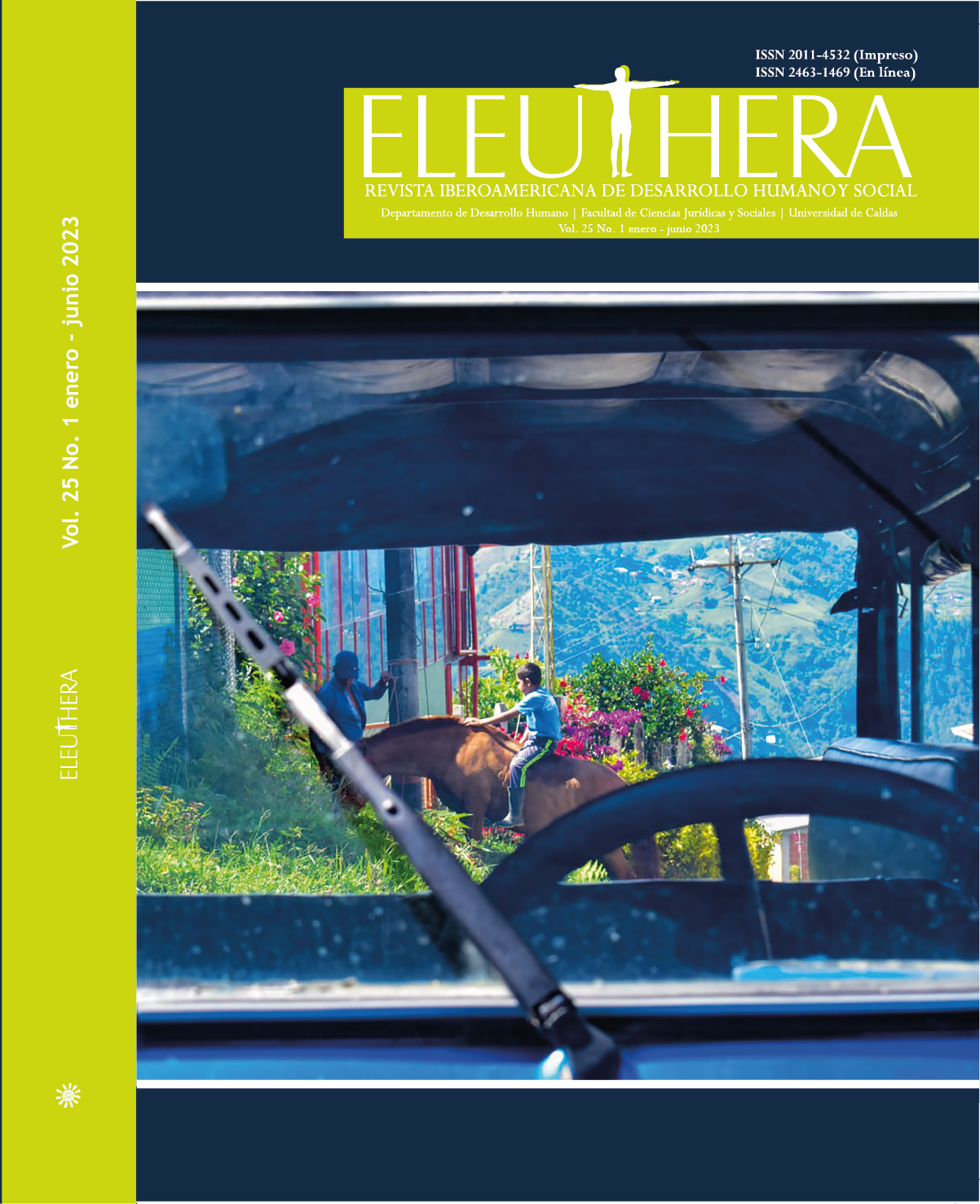Authors
Abstract
Objective: To analyze the reification in the consciousness of the working class based on G. Lukács, and, on the mature work of Marx in the first chapter of The Capital, when he deals with the commodity and investigates the use value and value, which open ways for the debates of the Marxist conception about the fetishism of commodities. Methodology: theoretical research, based on works of the social and political theory of Marxist thought and Marxism through the historical-dialectical method. Conclusions: reification, alienation and fetishism are phenomena inherent to bourgeois society reproduced in the capitalist mode of production, and it is the task of social workers to understand the effects on history and on the consciousness of human beings seeking an emancipatory project.
Keywords
References
Hobsbawn, E. (1979). A Era do Capital 1848-1875 (2.a ed.). Ed. Paz e terra.
Lefebvre, H. & Guterman, N. (2011). Cadernos sobre a Dialética de Hegel (Vol. 1). UFRJ.
Lenin, V. (1983). As Três fontes e as três partes constitutivas do marxismo (Vol. 4). (E. Parna, Ed.) São Paulo, São Paulo, Brasil: Global Editora.
Lukács, G. (1974). História e consciência de classe. Escorpião.
Lukács, G. (1985). El joven Hegel. Los problemas de la sociedad capitalista. Grijalbo.
Marx, K. (1977). Contribuição à crítica da economia política. Martins Fontes.
Marx, K. (2013). O capital livro I (Vol. 1). Boitempo.
Mészáros, I. (2008). Filosofia, ideologia e ciência social (Vol. 1). Boitempo.
Mészáros, I. (2009). Estrutura social e formas de consciência. Boitempo.

 PDF (Español)
PDF (Español)
 FLIP
FLIP





























